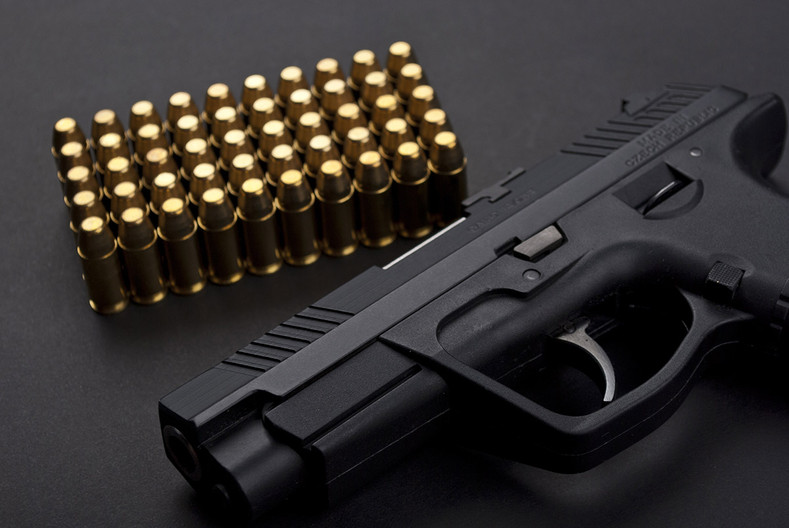Gun Safety Course

You might surprised to know that only 3 out of 5 gun owners have taken a formal gun safety course. Considering that firearms should be taken seriously and used with the utmost caution and respect, this number seems a little mind blowing. If you are a new gun owner or considering making an investment, you should definitely take a formal training course before you do anything else. Until then, brush up on these gun safety tips for new owners:

1. Take a gun safety class
As if the beginning of this article didn't already pin this point down, the most important thing you can do is sign up for a gun safety class. With thousands of NRA instructors and private options, there's absolutely no reason to miss out on this.
Consider that taking a course is for more than just you, but also for the safety of others. Being a gun owner also means you are part of a new community with a reputation that needs to be kept as positive as possible. Don't be that guy who accidentally shoots himself in the foot and makes the six o'clock news or the latest viral video.
Proper training will not only help you understand firearms in general, but will help you get to know your weapon more intimately. You should be able to properly load it, unload it, clear a malfunction and holster it with muscle memory. You can practice many of these things without live ammo and without being on the range.
2. Know the law
Before you even purchase your first firearm, be sure to know the law. There are different laws locally and federally that you need to abide by. You should know what license you might need to carry (open or concealed) and if in rare cases, there are restrictions on the number of firearms you are allowed to own. It's your responsibility to know if there are prohibitions on magazine capacities, alterations or aftermarket upgrades. Don't worry, gun laws are usually easy to research online. Just be sure you are abiding by all laws set forth by your local community, state and nation, no matter how ridiculous any might seem.
3. Safety check
Once you have purchased a firearm and are ready for some practice, the safety check should never be taken lightly. Anytime you pick up a gun, be sure to check the chamber or cylinder to see if it is loaded. Even if the firearm was handed to you after being checked, always double check. The safety check should become automatic and never missed. There's no shame in double or triple checking a firearm.
4. Be careful where you are pointing
Maybe this seems a little silly, but it is super important to remember. Never point a firearm at anything you wouldn't plan on shooting. Do not point is at someone for fun or as a joke. It is never funny. Accidents have happened, even after someone thinks they've done a proper safety check. Do not chance it. Always treat your firearm as if it is loaded.
5. Finger off the trigger
Another habit to get used to is keeping your finger off the trigger until you have the target in your sights. This is called indexing and you should always follow this simple rule. Especially if you are a novice, you will need to focus first on getting the target lined up before your finger even gets near the trigger.
Speaking of triggers, many gun enthusiasts enjoy upgrading their triggers. New trigger kits can be purchased at Overwatch Precision.
6. Get the right ammo
Believe it or not, using the wrong ammunition can cause dire consequences. A firearm could explode in your hands, causing serious injuries. Even ammunition that seems similar or has the same caliber may not be interchangeable. Part of getting to know your firearm is knowing exactly which type of ammunition it uses. Do not guess or assume, unless you enjoy playing Russian roulette with your hands.
7. Educate others
You shouldn't be the only one getting the rundown on your firearm. Mistakes with firearms will also happen if others are not properly trained. Teach your spouse, children and other family members how to respect your weapon. They should all know the basics of proper use and how to not be afraid of it. Ignorance can cause many accidents, which are completely preventable.
8. Proper storage
Properly stored and secured firearms are a must. You want to prevent burglars and children from easy access to them in your home. Many people learn to carry their gun during the day, even in their home, and lock it up at night. There are many options to keeping your firearm secure, but easily accessible to you while you sleep. Gunvault and Tacticalwalls both have great options for securing and storing firearms in your home with simple access.
Many of these gun safety tips for new owners may seem like common sense, but it is important that they're not taken lightly or for granted. If you are a new owner, get educated first and foremost. Your safety is just as important as the safety of everyone around you.

